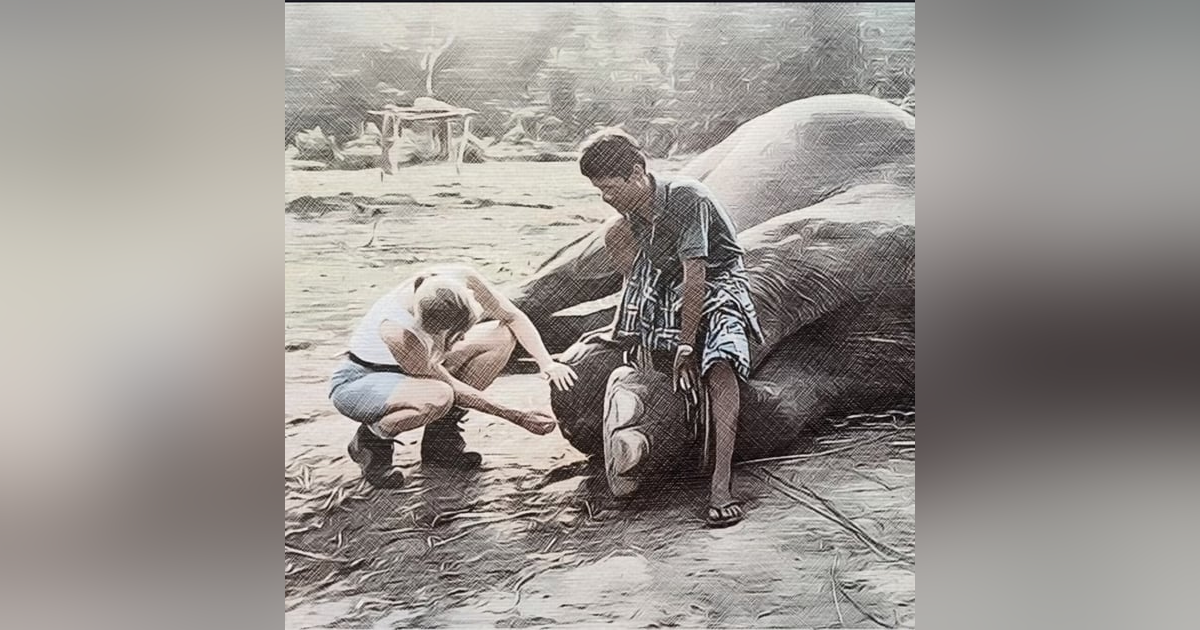# 63: A walk on the wild side, with Dr Rosie Booth.

Dr Rosie Booth is a wildlife veterinarian and has been one since before that was even a job description.
Rosie has 40 years of experience in conservation and wildlife work, which started with a masters degree in koala adrenal glands in 1986 and sparked a lifetime of caring for this iconic species. Since that time she has worked in many of Australia’s most prominent zoos and wildlife hospitals. Rosie spent 7 years working for the Queensland government leading a breeding program for endangered species, during which time they released 170 individuals from several endangered species back into the wild. Most recently she worked as the director of the wildlife hospital at Australia Zoo. She has written more than a hundred wildlife related publications and has trained a small army of others to contribute to this vital work. Recently retired from her full-time role at Australia Zoo she is now focussing her energy on freelance conservation projects and educating and inspiring a new generation of vets.
In this episode, we talk about the challenges, the misconceptions and the implications of a career in wildlife, about staying motivated in a job where your best efforts can sometimes feel fruitless, about big problems, and big solutions. Rosie also gives practical advice for those considering a career in wildlife, shares stories about some amazing patients, and so much more.
Go to thevetvault.com for show notes and to check out our guests’ favourite books, podcasts and everything else we talk about in the show.
If you want to lift your clinical game, go to vvn.supercast.com for a free 2-week trial of our short and sharp high-value clinical podcasts.
We love to hear from you. If you have a question for us or you’d like to give us some feedback please get in touch via email at thevetvaultpodcast@gmail.com, or just catch up with us on Instagram.
And if you like what you hear then please share the love by clicking on the share button wherever you’re listening and sending a link to someone who you know will enjoy listening.






